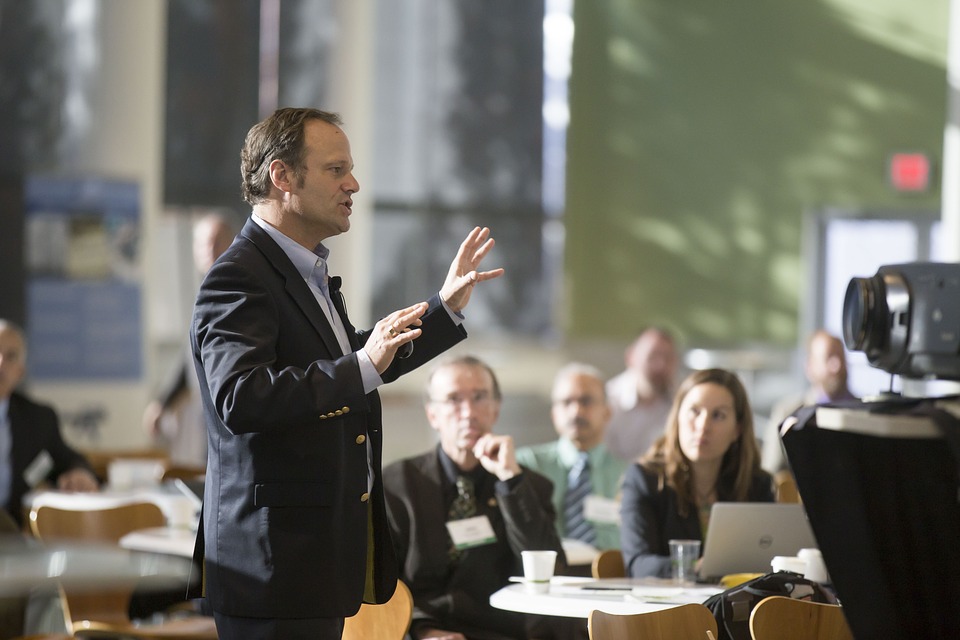
Educational leaders need to deal with many day-to-day challenges. Politics are always multilayered and personal, making the job tough and great at the same time. Kevin Rolle Alabama A&M University COO clears up the subject by highlighting things that all educational leaders have to do for everything to be simpler and more effective.
Developing a Growth Mindset
When you first get the job, you need to focus on making a really good first impression. Do so with as many as people. Then, you need to assess the leadership team and start working on a plan that is going to aim towards growth. The personal narrative has to be honed and the system that is created needs to be focused on candor and transparency.
The best educational leaders always remain open to what is happening as they join an organization but they do set their priorities early. Inequities that are obvious have to be addressed. Postponing the start can lead to huge problems in the future.
Work On The Agenda
Educational leaders always build on or adopt all that is possible from what already exists. Continuity is always very important. Practices and traditions that do make sense should be honored. This increases the efficiency of the entire business. Leaders understand this and adapt their personal style in order to deal with organization maturity and context.
There are some staff members that exist. You need to talk to them in order to clarify goals and roles. Then, community conversations have to be held in order to yield some temporary agreements that are going to balance innovation and improvement.
As an extra tip, if you are criticized, which is common, do remember that you should take care of the family as it might be quite hard on them too.
Check The Current Mindset And Make Needed Modifications
Having a well-developed growth mindset does matter much more than what many believe. Hard work is really important but students have to understand that there are various opportunities available for them. The best possible mindset is developed when students know that they can take initiative, work collaboratively and basically have changes to make stuff.
When leaders want students and teachers to develop strong innovation mindsets, everything starts with the personal approach used. If the educational leader is not open to growth and learning, how can the organization be? Incentives have to be developed and the environment that is created needs to be one built around collaboration.
Create Partnerships
Last but not least, partnerships do wonders for progress. The school cannot do all work alone. Partnerships help meet needs that families have, they promote readiness, awareness and even develop talent. Innovation is needed but in many cases it is hard because of a lack of available resources. This is exactly where strategic partnerships step in and offer a huge helping hand.
Keep in mind that all written above is just a really small part of what educational leaders need to think about. This is why adaptability should be a priority.